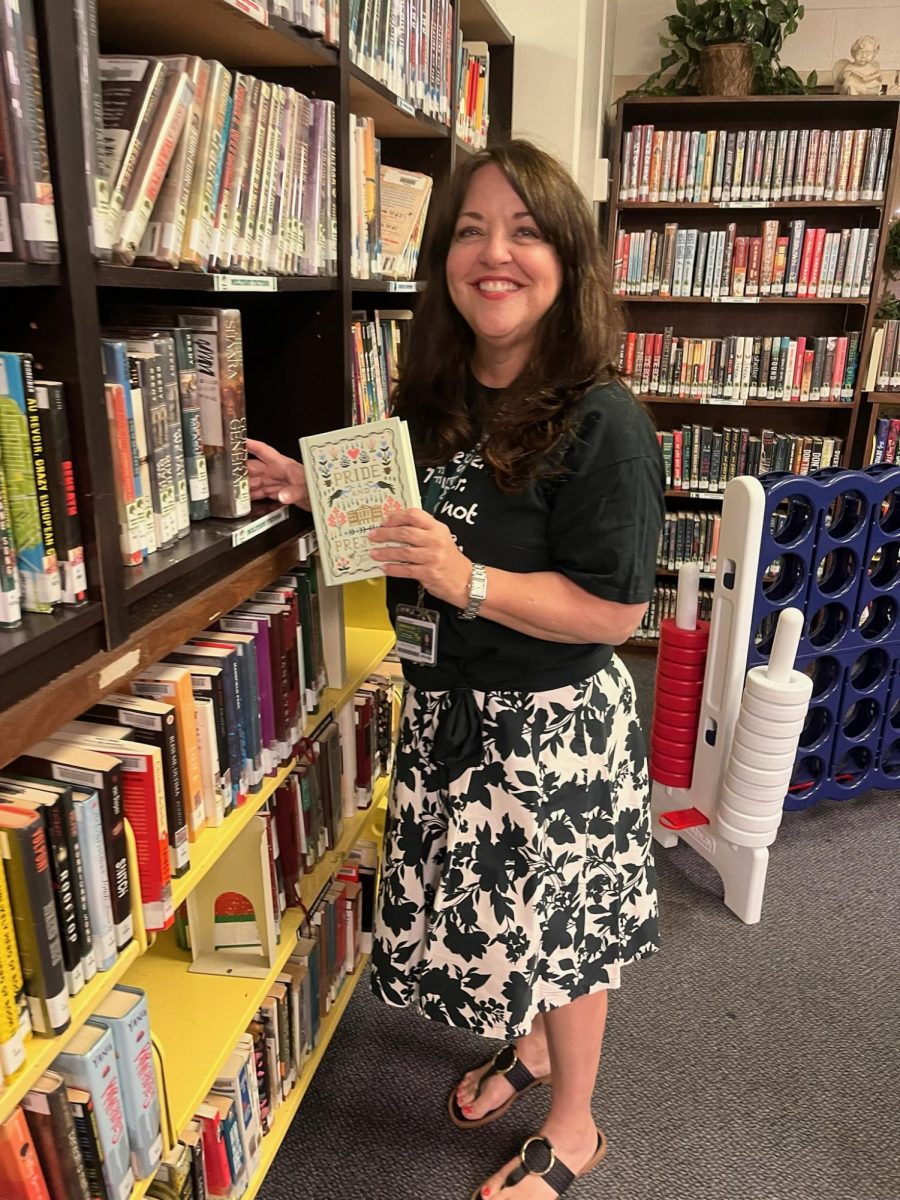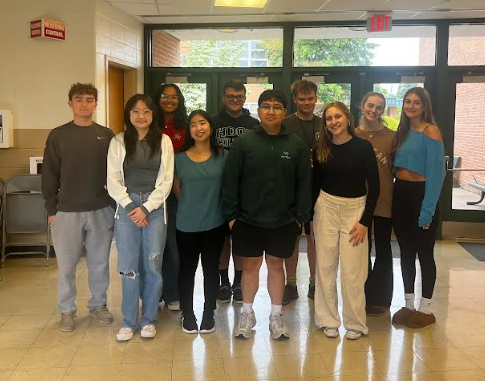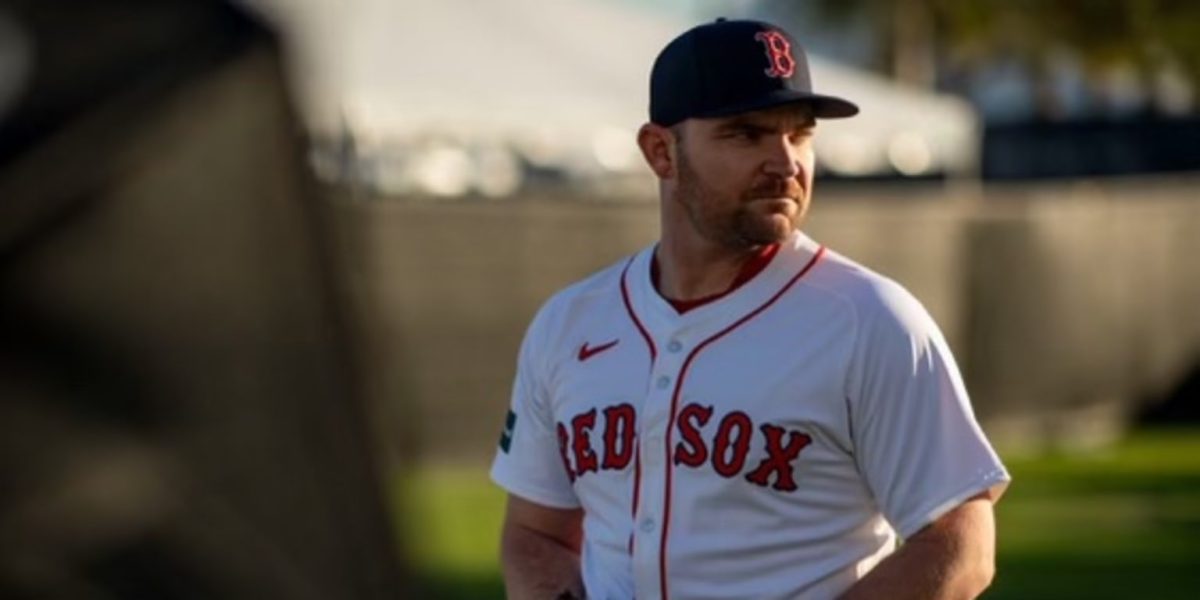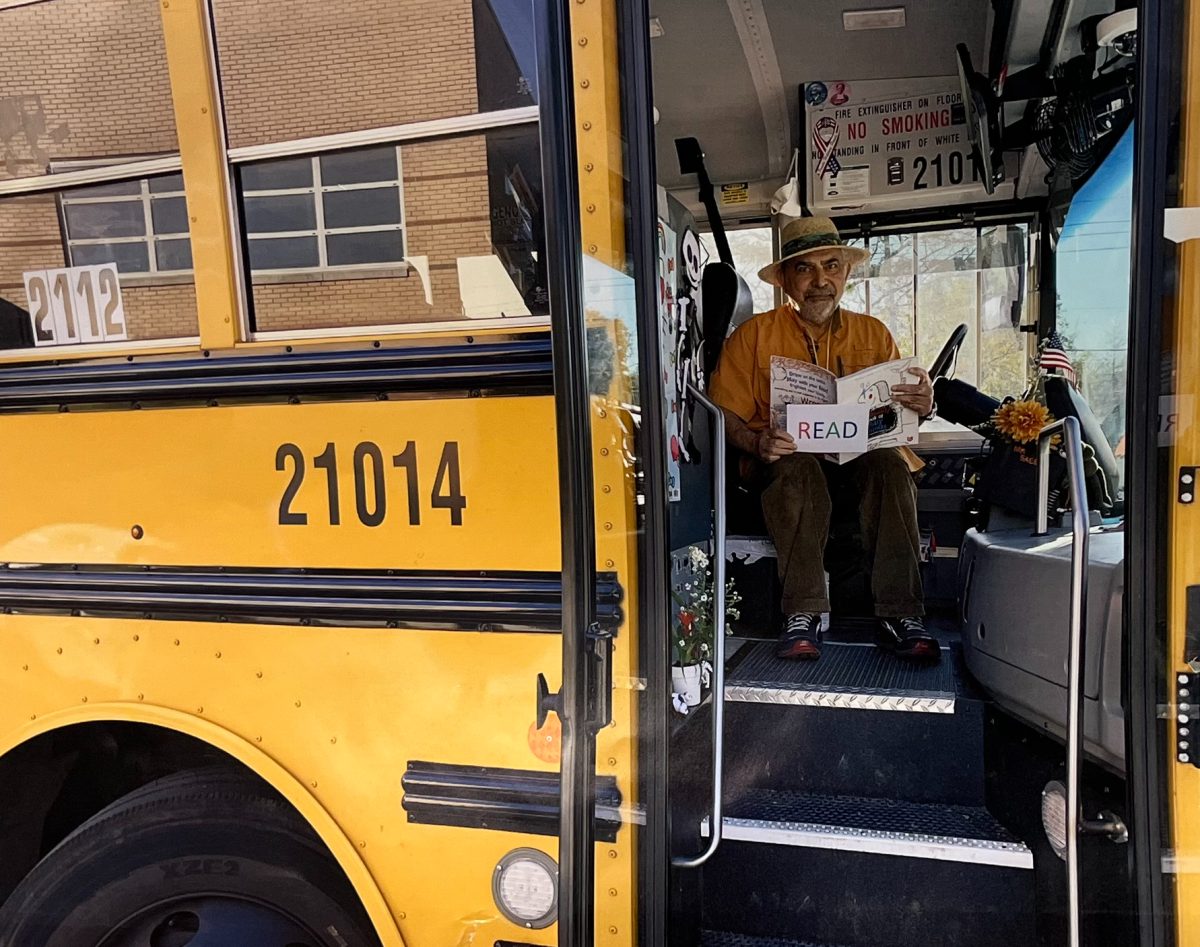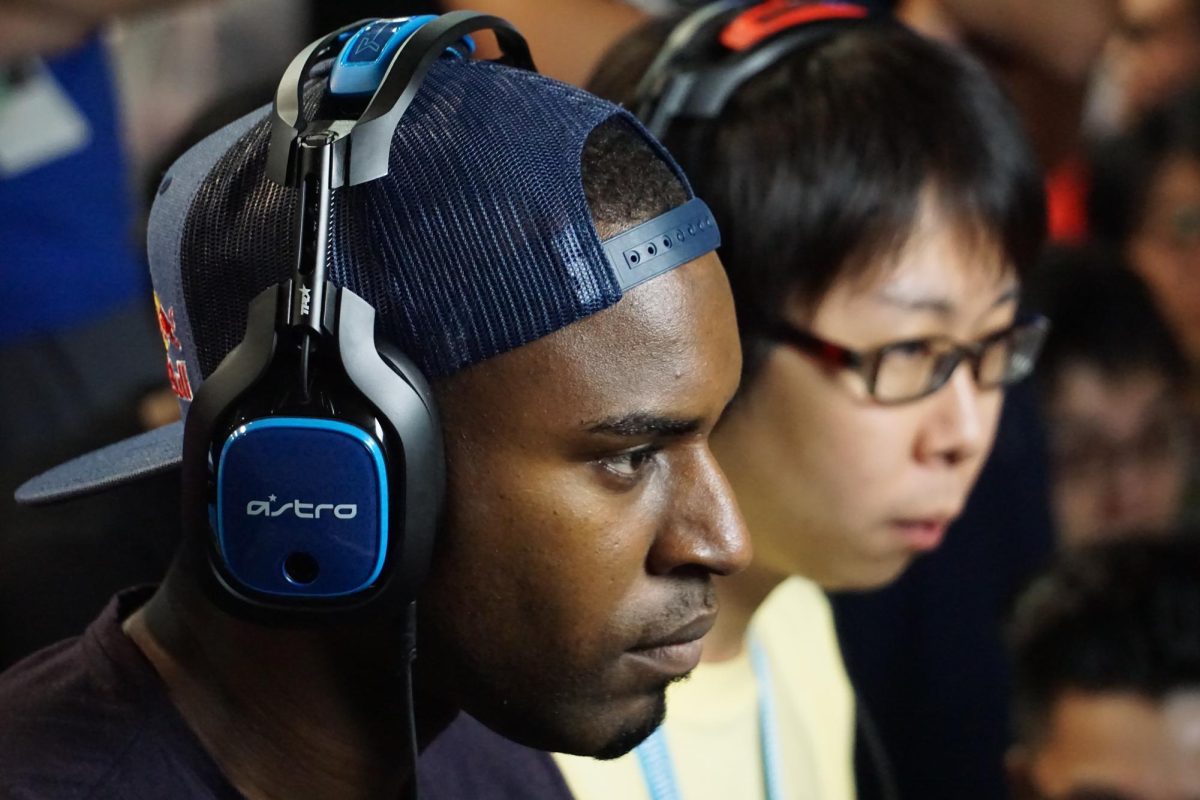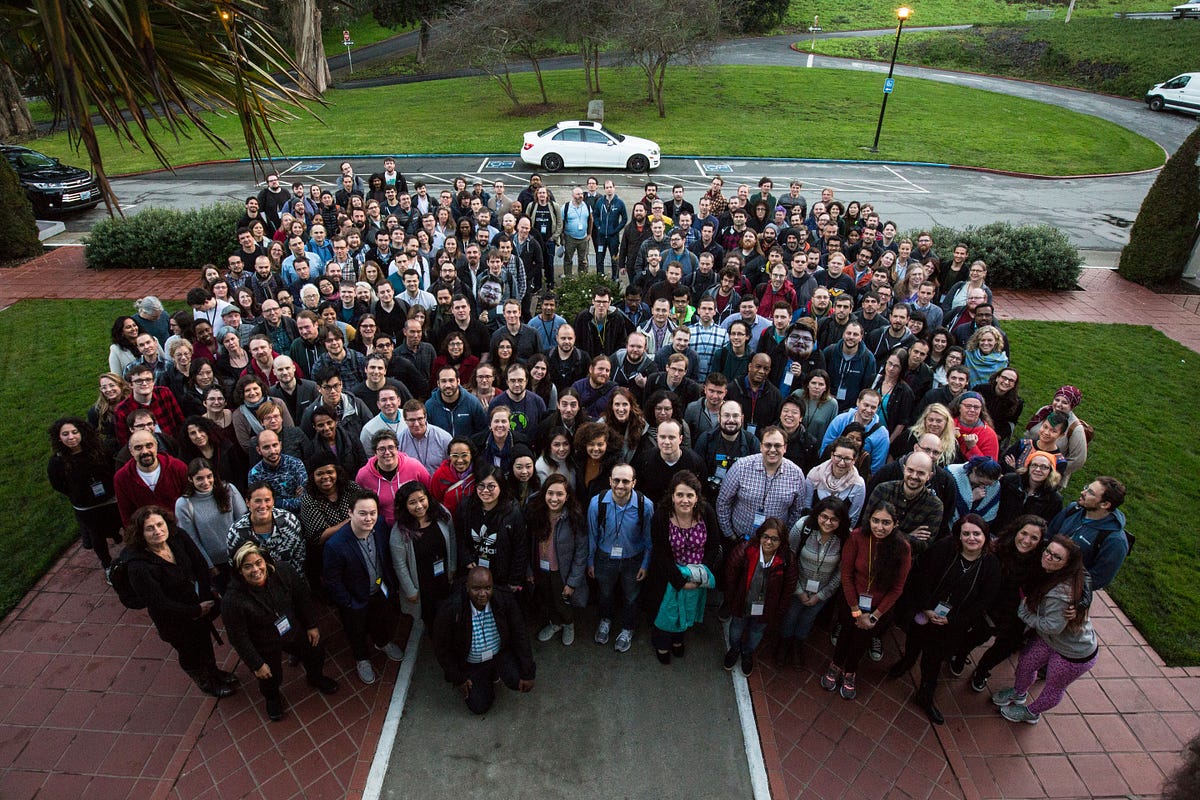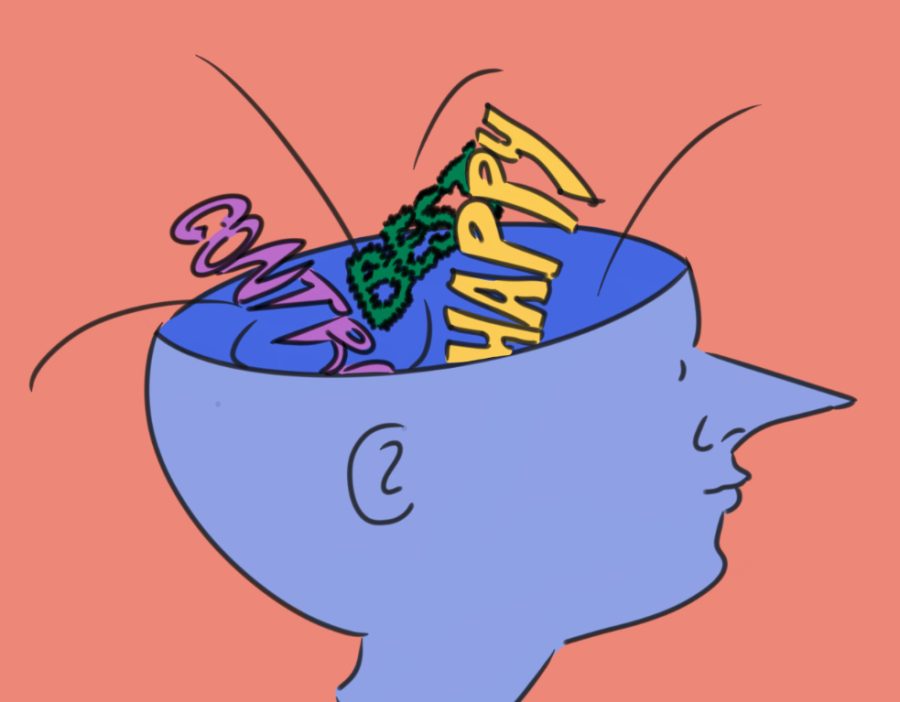Who Will We Be?
Illustration by Jenny Schlossberg
Finding our own success is a journey.
January 20, 2023
Supposition: Success for everyone is different, however, major components include: being the best, happiness, fame, wealth and power.
Everyone has their own recipe for success, so finding and adhering to their recipe is the goal.
After speaking with members of our senior class, teachers and staff in the building, a trend emerged in how they all defined success. It was mostly that happiness is a byproduct of success. Even with this common idea, the people I interviewed shared that they all had different aspirations and differing recipes for success. Each had different goals with respect to careers they wanted, moral values, how they view themselves and how they viewed their community.
Moving Into The Unknown
“I am constantly on me more than other people,” senior Yasmin Cowan said. Cowan gained the unique experience of fostering her own interior designing business, which led to a newfound interest in creating her clothing line. As a result, she plans to get her business degree with a minor in interior design at MC and transferring to Bowie State University. Like many students, she struggles with her self-confidence.
Even with all of her accomplishments, Cowan found that her biggest obstacle was herself.
“I’m just in a constant battle with myself. Like, this is where I need to be, or if I’m not doing it, I’m not being good enough,” she said. The battle between our confidence and uncertainty in our future is at the core of students’ motivation for most to succeed in life after high school. As the character Andrew Smith in “Lord of the Flies” put it, “People fear what they don’t understand and hate what they can’t conquer.” A fitting explanation for students’ dilemma.
So how do we overcome what we don’t know?
Getting Control
No one can see into the future, so one strategy is to maneuver the parts of the present and learn the places where we do have control. To get over our fear of the unknown, we have to denounce the unknown.
“When I was in high school I had no idea what I wanted to be,” English teacher Julie Zaldumbide said.
Chemistry teacher Dina Ciccone felt very similarly.
“I honestly had no idea what I wanted to do when I was in high school,” Ciccone said.
It’s easy to not know what comes next and harder to find right ways to go forward. Being a student is an inflection point for this problem.
“I think it’s definitely difficult to balance [school, work, and life],” senior Kass Kusmiskis said. “I prioritize school and work and dedicate my weekends to being able to spend time with my friends and doing things that help me take my mind off stressful things.”
Expectations, choices in the moment and rituals in our life shape what we do. Even though these can be dependent, or even stem from others, they’re still elements that we have an influence on.
“We will do what others expect of us, . . . but it’s easy to lose control when you were never looking for it in the first place,” Maryland Gov. Wes Moore wrote in his book. Getting loose from the grip of fear is hard, but we can’t proceed with life otherwise. Knowing that we have control over ourselves needs to become empowering, not damaging.
Maneuvering Life
When life goes in a melodic rhythm, we have control. Which parts of life we can maneuver also depends on what life throws at us, not just what’s predictable or rhythmic. Different aspects of life can take over, even when we try to account for them.
“I had a child when I was 18 years old, and all I knew is that I wanted to make her proud, so I went about getting myself enrolled in college,” Ciccone said.
This doesn’t mean that we should feel hopeless in the face of change or challenges, but rather keep our motivation in ourselves alive. Discovering the parts of life that matter, especially in times of chaos and uncertainty just give us more momentum to keep going.
Senior Rodrigo Melendez has the dream of becoming an immigration lawyer, which sparked his desire to better the world.
“That’s my community so I feel like that’s how I can help out my community the best way.” Keeping his motivation close to his heart Melendez plans on applying for scholarships and using the money his family can provide to support his education. With the wheels set in motion, Melendez discovers one of his ingredients for his success is helping others. Relying on these values to guide us in our decisions is one way that Melendez tries to maneuver his life.
Having a Plan
“There is no perfect plan; it really depends on what the student wants to do,” Nicole Burkhalter, College Career Information Coordinator said. Growing accustomed to maneuvering life and taking control gives us practice for actually executing a plan. But the first step is figuring out what your plan should be.
“So students start out by researching [colleges] based on their interests,” Burkhalter said. “They start looking at jobs within that field, and from there they think back to what majors and what degrees people in that field obtain, and then they look at schools that have those majors.”
Part of that procedure is a bit mechanical because of its repetition through middle and high school, but it’s not to be taken so impersonally. Having more factors in the equation for our future helps us to boil down the components we want.
“They definitely got me to take a lot of factors and come into consideration that I didn’t possibly think of before I had talked to the counselors this year,” Cowan said.
This is where reflecting on what ingredients we need for ourselves to be successful becomes crucial. “This [plan for after high school] is how you’re spending two, maybe four years of your life so absolutely you have to be happy with what you’re doing,” Burkhalter said.
The goal of making plans is to keep the worst at bay. Students either have a sense of relief from having a plan or more pressure to stay on track.
“It’s definitely a relief for the student if they already have a plan.” Burkhalter said.
“If things don’t go exactly as planned, it’s stressful to have to adjust the plan to fit the circumstances,” Kusmiskis added.
The beauty of having a plan is that “there is no perfect plan; it really depends on what the student wants to do,” Burkhalter stated.
We only have the restrictions we hold ourselves to, so anything that we want is in our control. Creating a plan is a good way to keep life in check, even if a plan is vague. Again, the idea is to let go of our fears and to learn to take control of our lives.
Getting Up Even When We Fail
The worst-case scenario is that life gets out of hand and we fail.
“Successful people fail more than failures do,” Dr. Nancy Schlossberg, Professor Emerita at the University of Maryland said.
The only way to learn to get up is by falling down once in a while. Hitting the reset button with the knowledge that we have the power to change the bad lets us take back life once we are broken down. One of the places where we do have control is our mindset.
For Ciccione, life after high school was difficult, to say the least.
“Yes, it was very stressful raising a child by myself, working and going to college at the same time,” she said.
Ideally, all these milestones don’t happen at the same time. Some people have the opportunity to soak up each event with some kind of gap. Most don’t bear all the responsibilities concurrently. Yet, even out of Ciccone’s situation, her drive for success came from her newly born daughter.
“All I knew is that I wanted to make her proud, so I went about getting myself enrolled in college,” Ciccone said.
Even under the influence of doubt, uncertainty and fear it is evident that we can still muster courage, strength and pride.
Practicing
With all these ideas, this doesn’t mean that you can cross the finish line in one fell swoop. The journey to success is just that, a journey. It takes many steps, many failures and many tough lessons along the way. Keeping our persistence and sticking to what brings us success will equip us for the future.
Disclaimer
As the deadline for graduation edged closer, I being very indecisive, tried to cope with the fear of the future. This got me contemplating if anyone else had the same thoughts and questions as I did. I started to think of what one needs to go through in the future, what it means to be successful, what I want my life to look like, what I want and how to figure any of this out.
I’m only a high school student making observations in my environment of the problems I live through and see my peers live through. I do not have any larger education in this subject beyond being a current high school student. These are my findings and observations along with my thoughts and beliefs partly because this subject is all about how we interpret success and our futures. Please have the freedom to disagree with my work. This is a subject that deserves more attention, and I would love it if people expanded and even disagreed. However, this does not detract from my willingness to be as accurate as possible with my idea in context.

